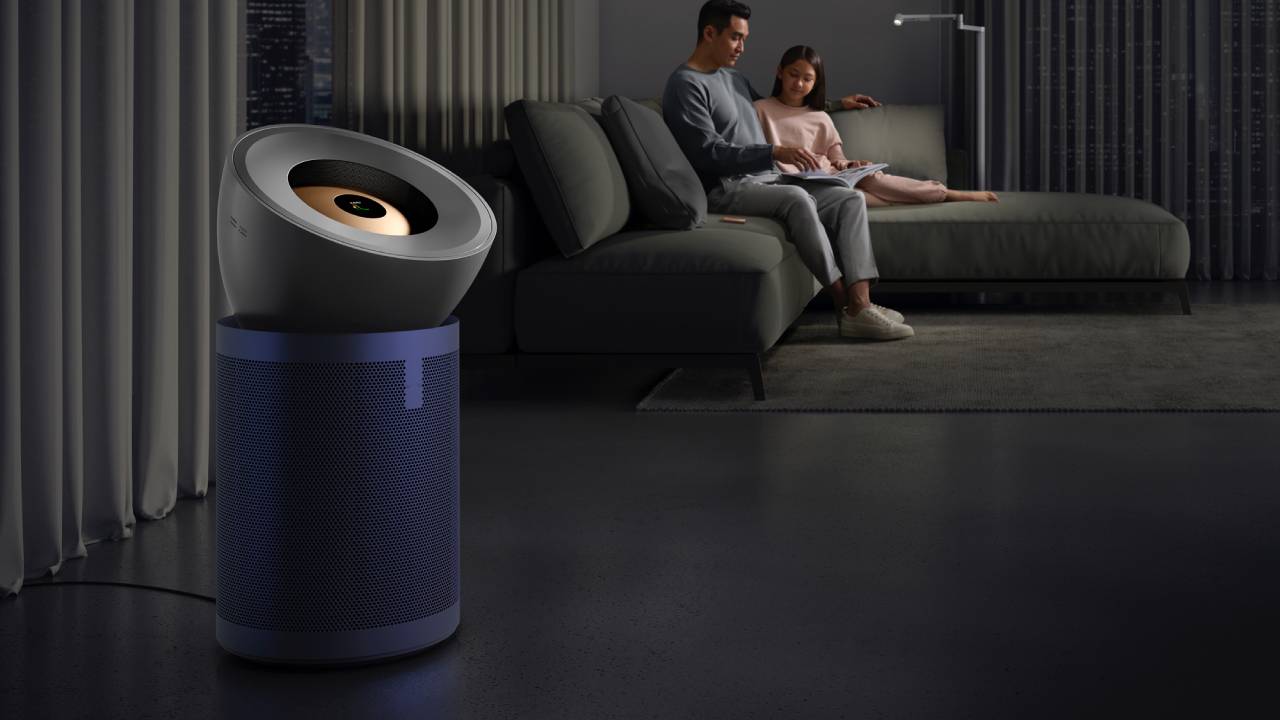
Dyson has just released its latest global study that examines the indoor air quality of the world’s homes. The company’s first Global Connected Air Quality Data project examined the indoor air quality from more than 2.5 million Dyson air purifiers, and the results are shocking.
Dyson has quickly become a prominent name in the best air purifier industry. After visiting the Dyson campus last year, I was impressed by the lengths that Dyson goes to to ensure its products are equipped with the highest quality technology for in depth and hygienic cleaning. Its air purifiers are no exception as the company has developed its models with impressive projection, dust and bacteria catching filters and noise-cancellation.
With a focus on improving the home’s air quality, Dyson conducted its Global Connected Air Quality Data study that analysed the indoor air quality information collected by Dyson purifiers via the MyDyson app. Comparing results and changes between data collected from 2022 to 2023, the study looked at air quality trends over days, months and seasons, and found that indoor air quality was worse than outdoors for 11 months out of the year, particularly in the UK.
The Dyson Global Connected Air Quality Data project looked into two different types of pollutant: PM2.5 and Volatile Organic Compounds (VOCs). The former refers to particles that are smaller than 2.5 microns, like pet hair, dust, ash and combustion. The latter are gas pollutants like formaldehyde that can be emitted from cleaning, cooking and products like furniture, deodorants and candles.
After analysing a year’s worth of data from over 2.5 million Dyson air purifiers around the world, the results showed that our indoor air quality might be dirtier and less hygienic than the outside world. The study found that UK air pollution exceeded the levels of outdoor air pollution and all but four countries exceeded outdoor PM2.5 levels for six months or more.

As we spend more time inside during the winter, the Dyson Global Connected Air Quality Data project found that this season was the most polluted globally. Around the home, windows are kept closed, candles are lit and heating with combustion is higher due to the colder weather, and this was reflected in the data with winter seeing the highest levels of pollution, and January being the most polluted month globally. Other results showed that indoor PM2.5 levels were highest in the evening when more people were likely to be home, with peaks between 7pm and 10pm in the UK.
After looking at the results, it’s clear that the indoor air quality in our homes isn’t as safe or hygienic as we think. These results in conjunction with Dyson’s Global Dust Study, which found that cleaning and hygiene standards are slipping in the home show that the air around us while we relax at home could be making us ill and dirty.
As quoted by Professor Hugh Montgomery, Chairperson of Dyson’s Scientific Advisory Board, “We all think of air pollution as being an outdoor or roadside problem… Dyson's findings give us a valuable insight into the real pollution levels in homes across the world, helping us to understand the patterns of pollution daily, monthly and seasonally. The Dyson data is an incredibly powerful education tool and the opportunities for positive impact are boundless – understanding the pollution around us is the first step to reducing our pollution exposure.”







